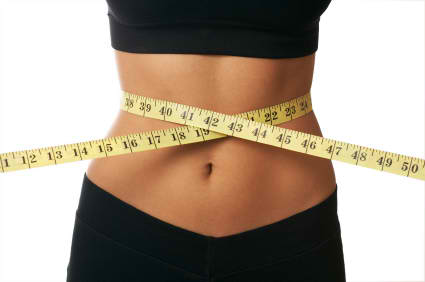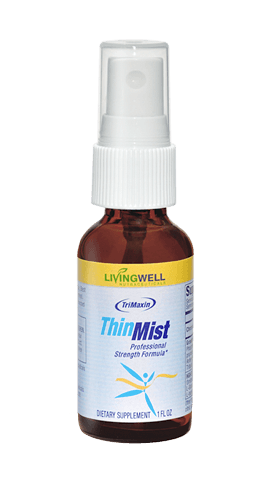 Belly fat is one of the most dangerous types of fat because, in addition to the “ordinary” risks of obesity, belly fat, in particular, increases your risk of heart disease, diabetes, some types of cancer and even premature death.
Belly fat is one of the most dangerous types of fat because, in addition to the “ordinary” risks of obesity, belly fat, in particular, increases your risk of heart disease, diabetes, some types of cancer and even premature death.
This is because, unlike subcutaneous fat, which is located just below your skin, belly fat also includes fat that is deep in your abdomen, also known as visceral fat. This type of fat can wreak havoc on your body’s hormones and insulin levels, leading to increases in blood pressure, stroke and other serious health problems.
Losing belly fat, as you might suspect, offers a myriad of benefits, but there’s one that may come as a (very pleasant) surprise: better sleep.
Lose Belly Fat, Get Better Sleep
Overall weight loss, whether from dietary changes or diet and exercise changes combined, improved sleep quality in a new study,[i] but the benefits were even more striking when participants lost belly fat, in particular.
After participating in the six-month study, those who made either dietary or diet and exercise changes lost about 15 pounds and had a 15 percent reduction in belly fat. Their overall sleep scores, which measured for sleep problems like sleep apnea, daytime fatigue, insomnia, and restless sleep, improved by about 20 percent.
What was most associated with improved sleep quality was a loss in belly fat. The study’s senior author noted:[ii]
“The key ingredient for improved sleep quality from our study was a reduction in overall body fat, and, in particular belly fat, which was true no matter the age or gender of the participants or whether the weight loss came from diet alone or diet plus exercise.”
What Can You do to Lose Stubborn Belly Fat?
Are you longing for a good night’s sleep … and could you stand to lose a few pounds in the belly region?
High-intensity exercise — rather than jogging at a snail’s pace for an hour, sprint for a brief “high intensity” period, then slow down for a rest … and repeat for the duration of your workout — has been found to be very effective at reducing total abdominal fat and abdominal visceral fat.[iii]
Cutting down on carbs — sugar, soda, cookies, candy, pasta, white bread, etc. — is also important, as research shows that even a modest reduction in carb consumption can help you lose deep belly fat and also lower total body fat.[iv]
 If, however, you want to know a little secret that can help you to lose belly fat without dieting and exercise … try ThinMist. This 100% natural spray helps safely boost your pituitary gland’s NATURAL release of Human Growth Hormone — aka ‘youth hormones.’
If, however, you want to know a little secret that can help you to lose belly fat without dieting and exercise … try ThinMist. This 100% natural spray helps safely boost your pituitary gland’s NATURAL release of Human Growth Hormone — aka ‘youth hormones.’
Your body’s production of HGH begins to steadily decline by your early 30s, and around this same time, you probably noticed you started gaining weight, including sporting a bigger belly. Medical studies have shown that increasing your levels of HGH makes it easier to lose the extra pounds you’ve gained since your 20s, with best results typically seen after 60-90 days of daily supplementation.
Fortunately, you can try ThinMist today, risk-free for 90 days, to give your metabolism and fat-burning a major boost … and with it promote not only a slimmer physique, but also better sleep!
[i] Study presented at the American Heart Association Scientific Sessions, November 6, 2012

